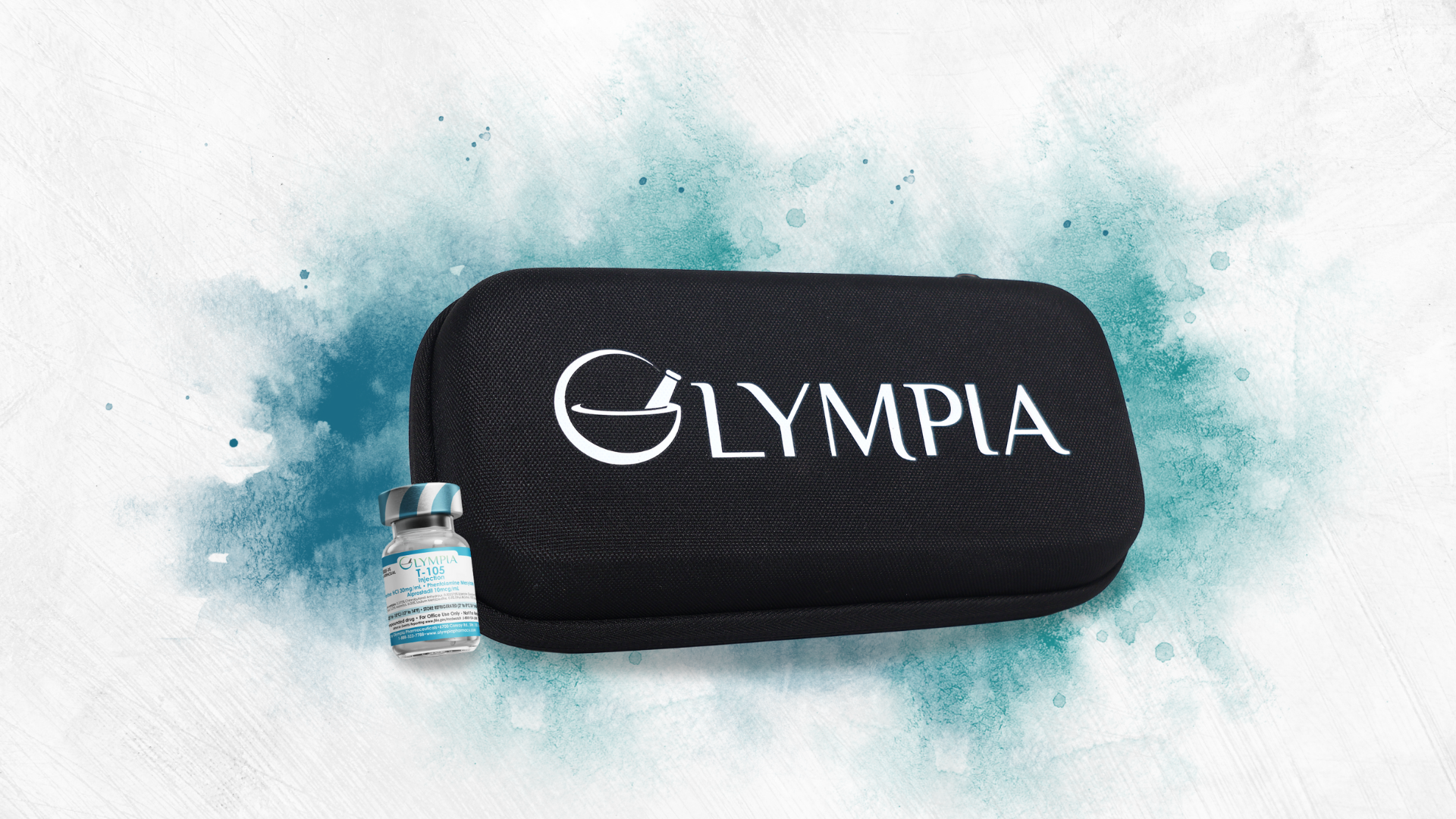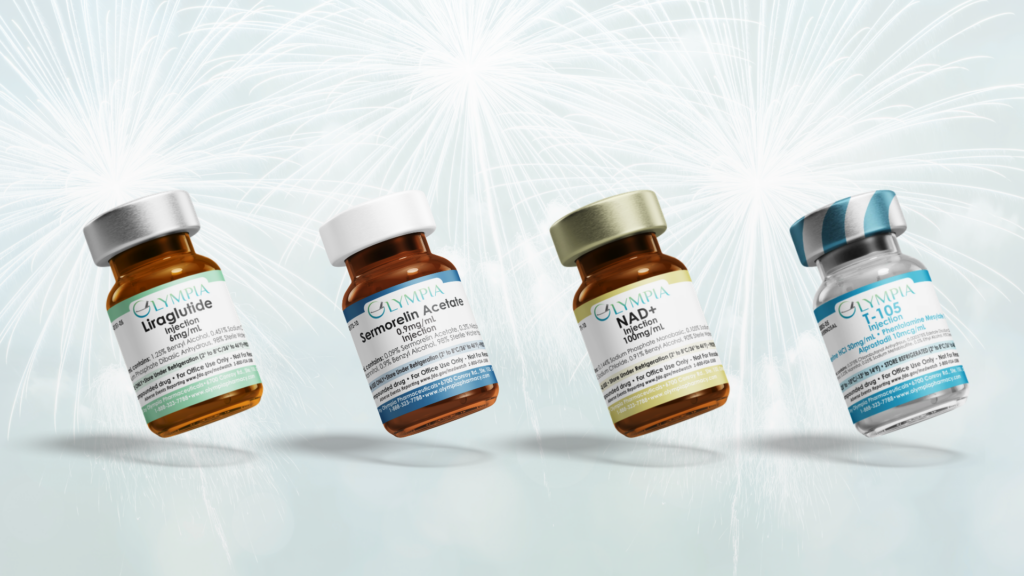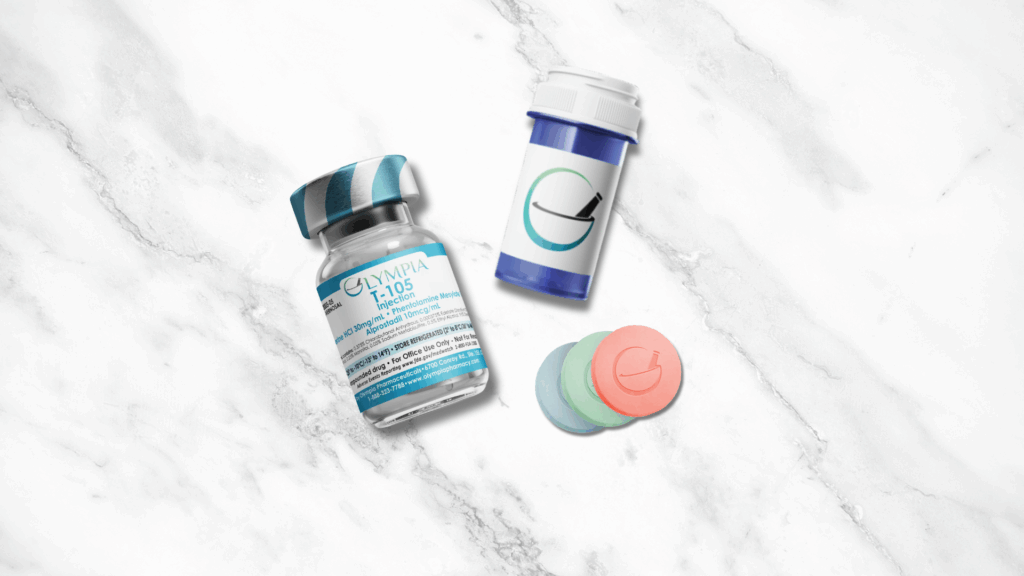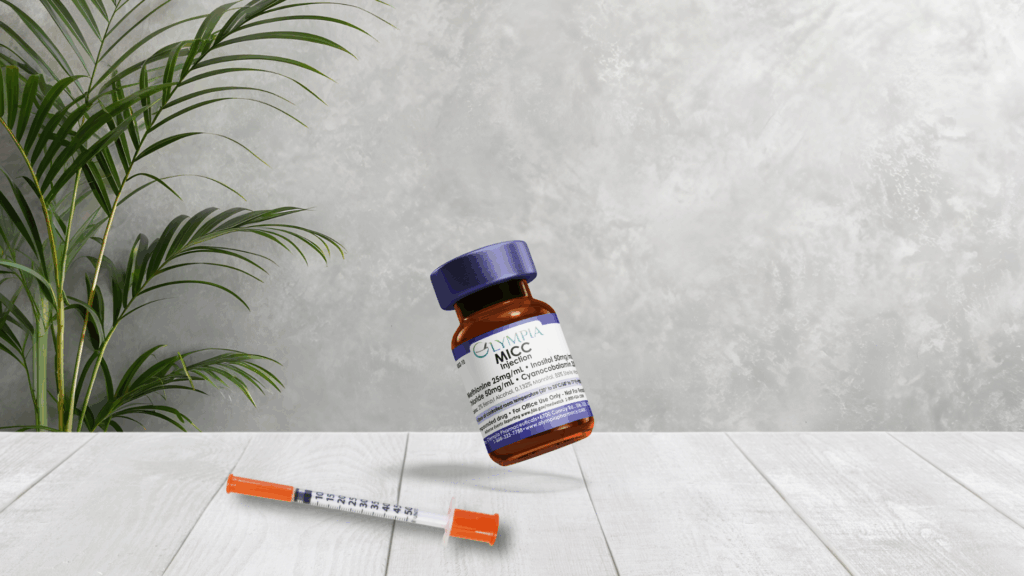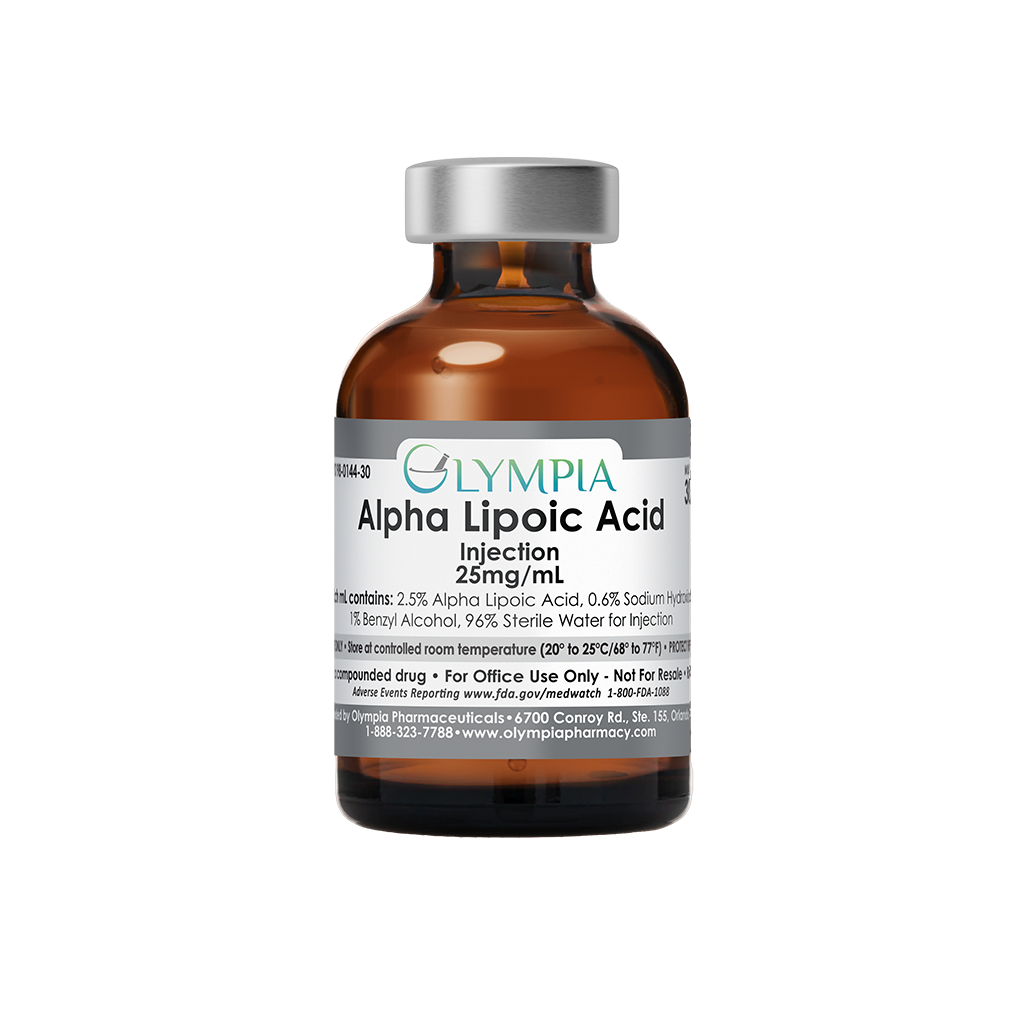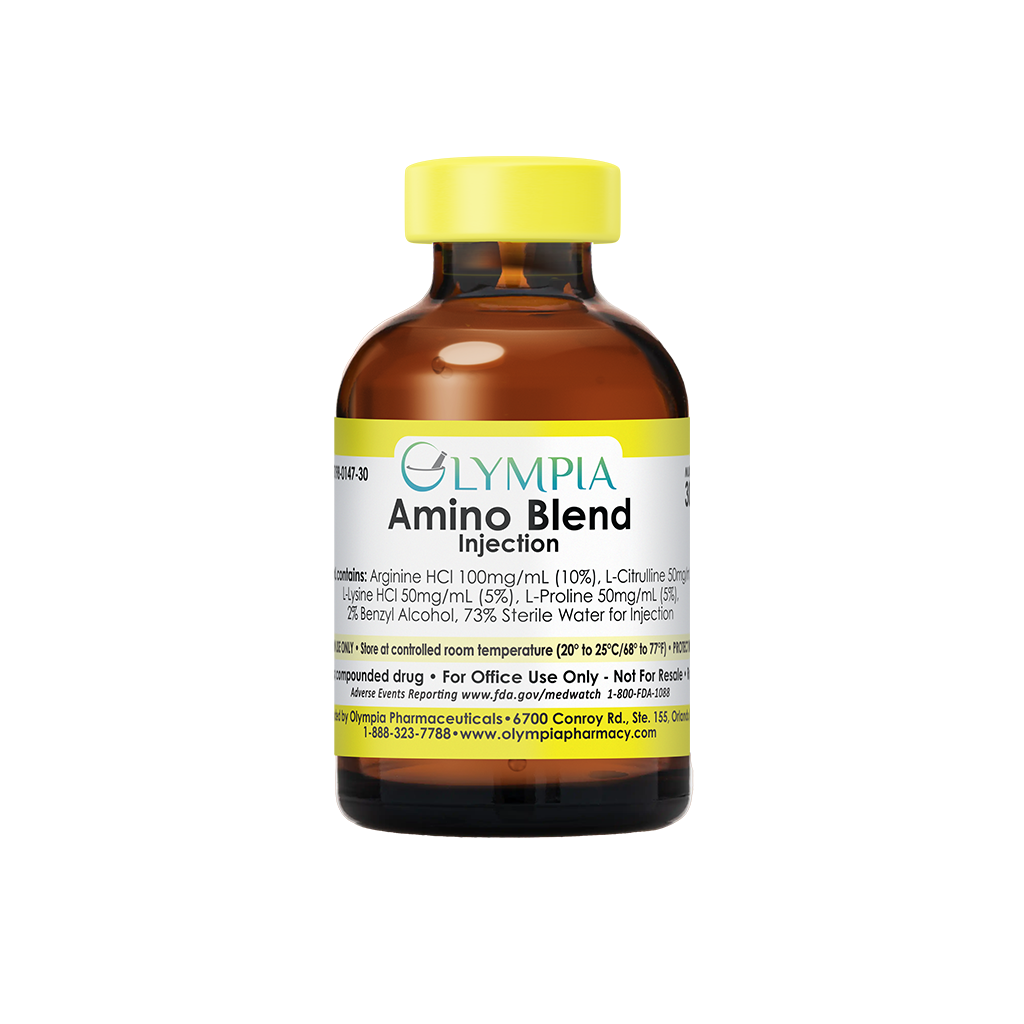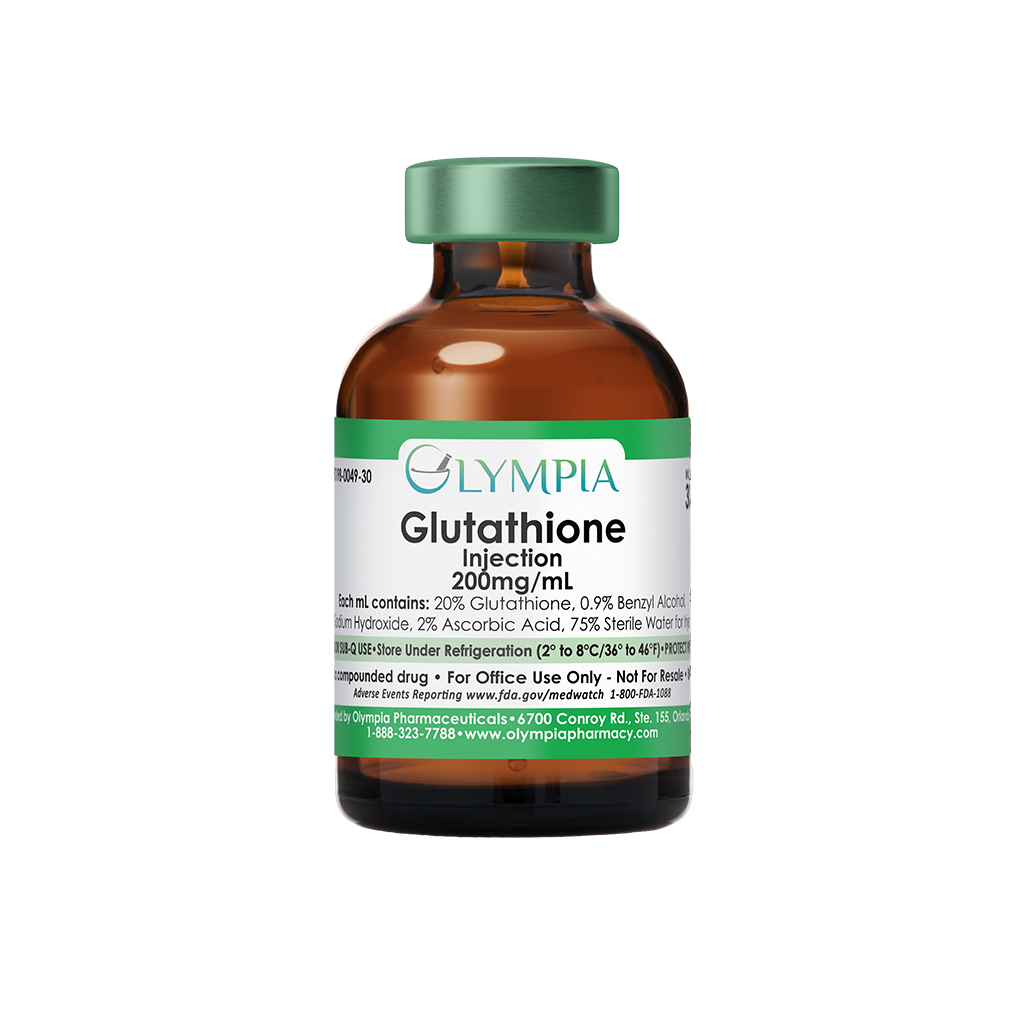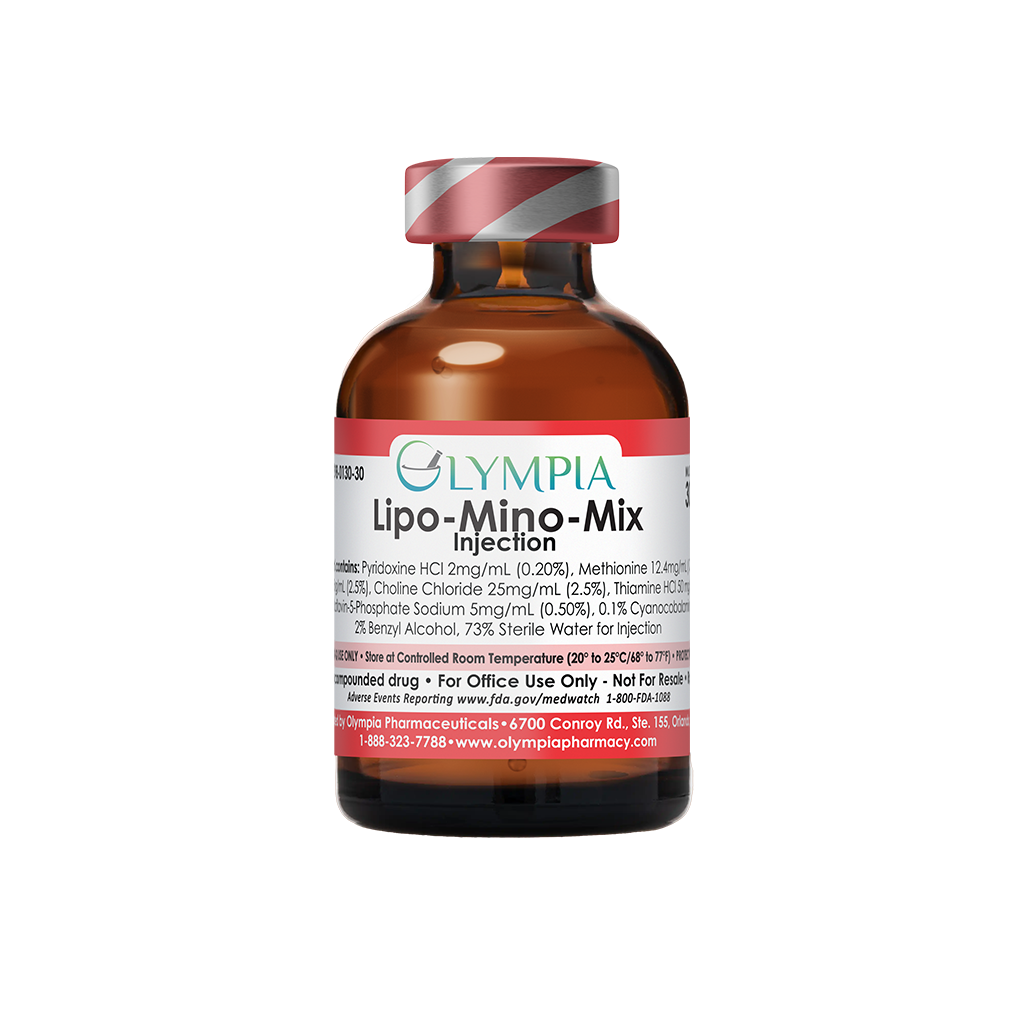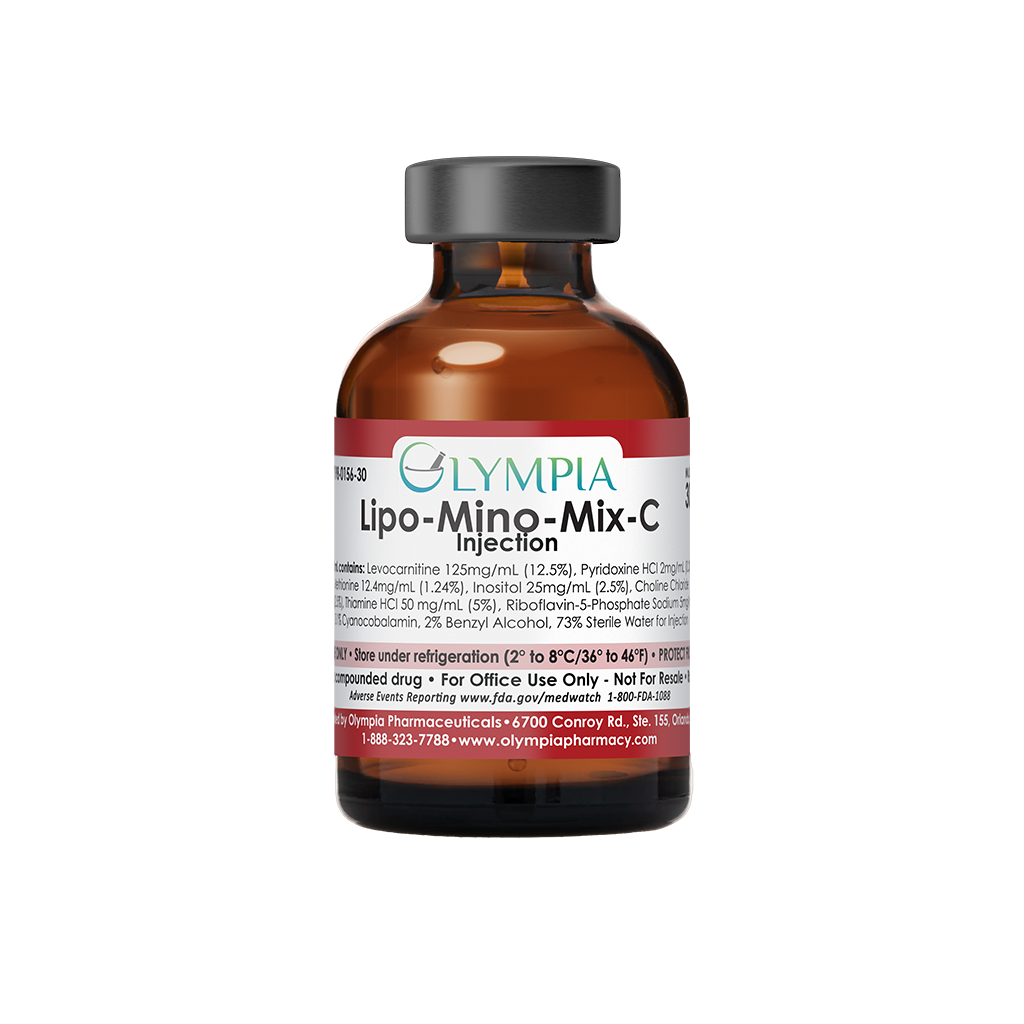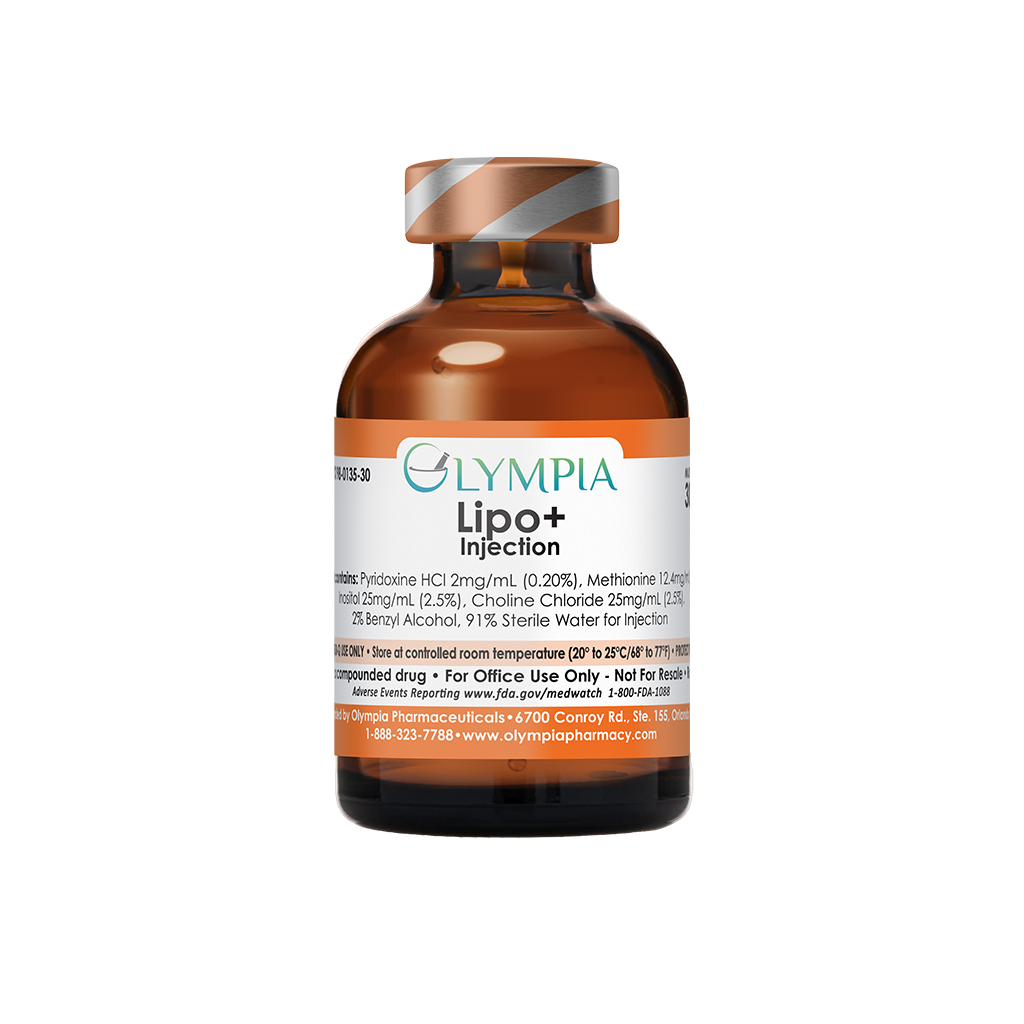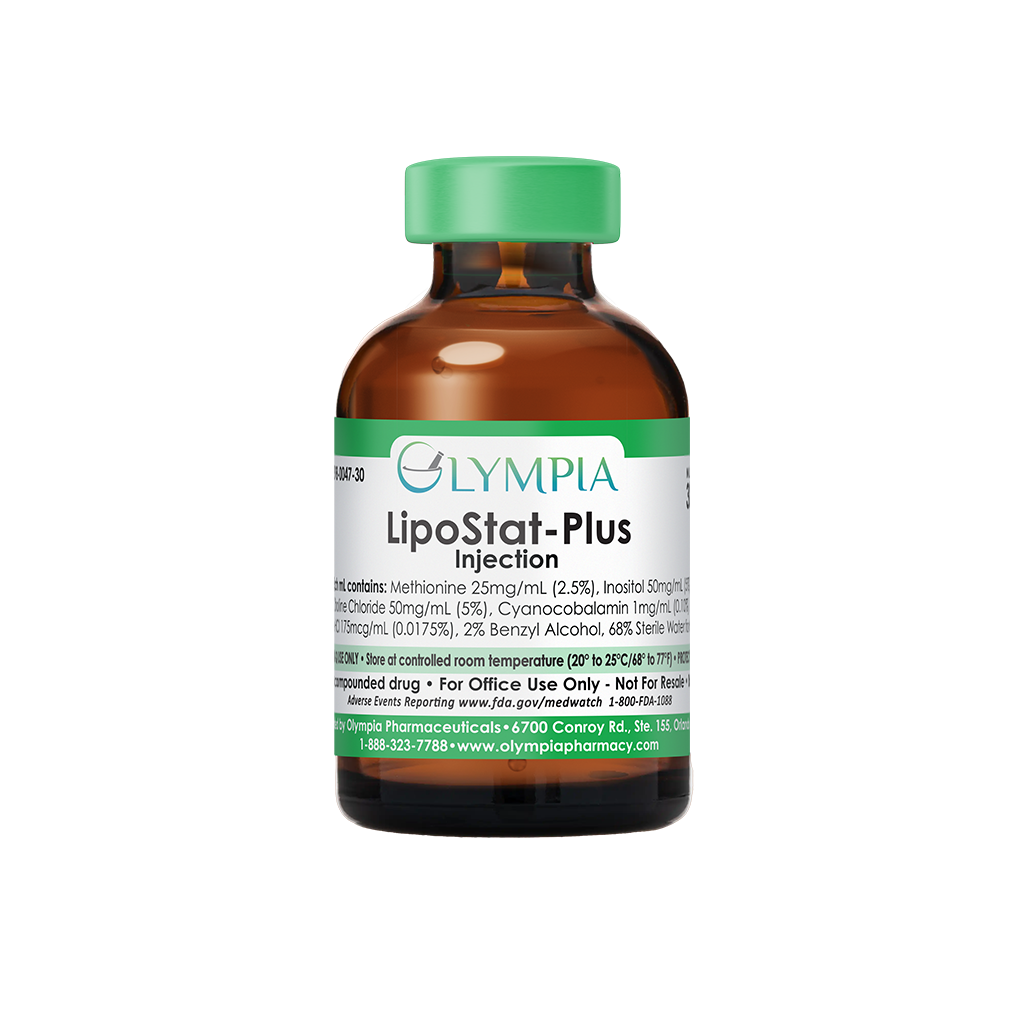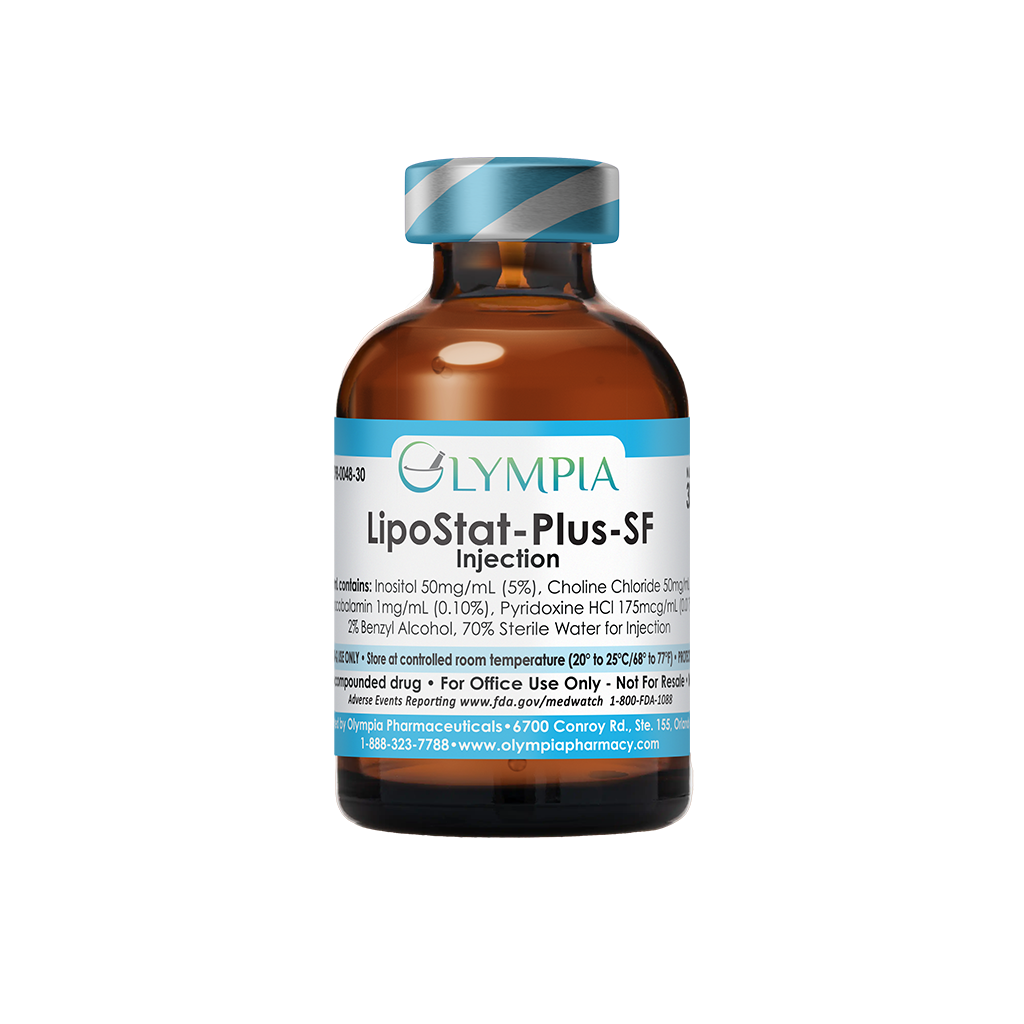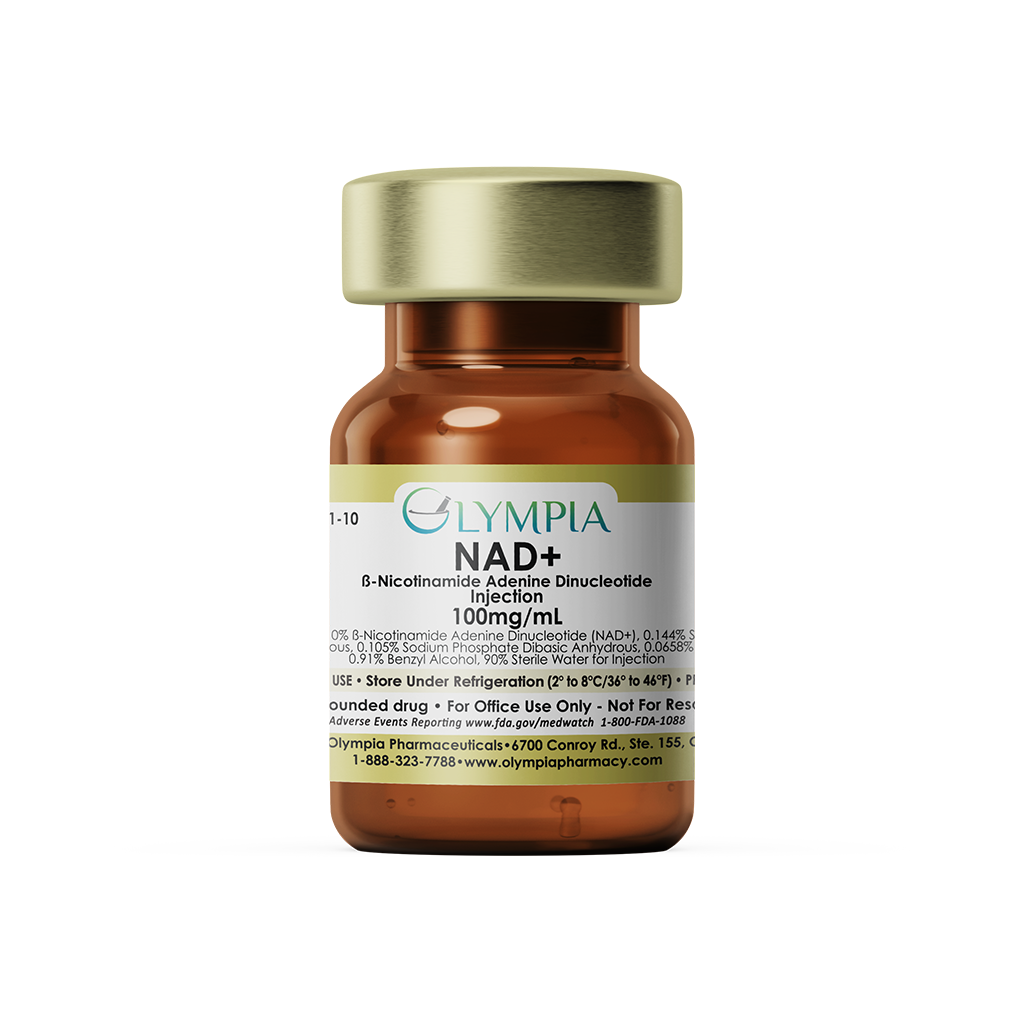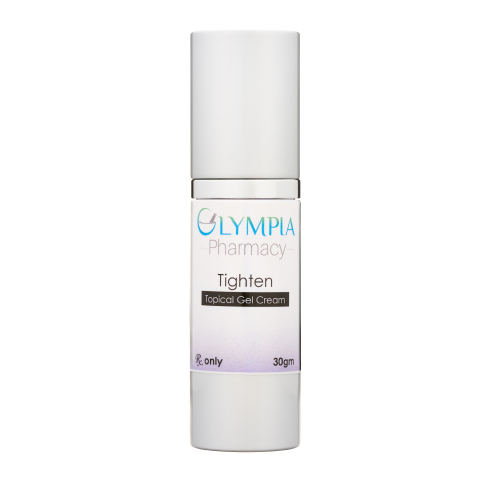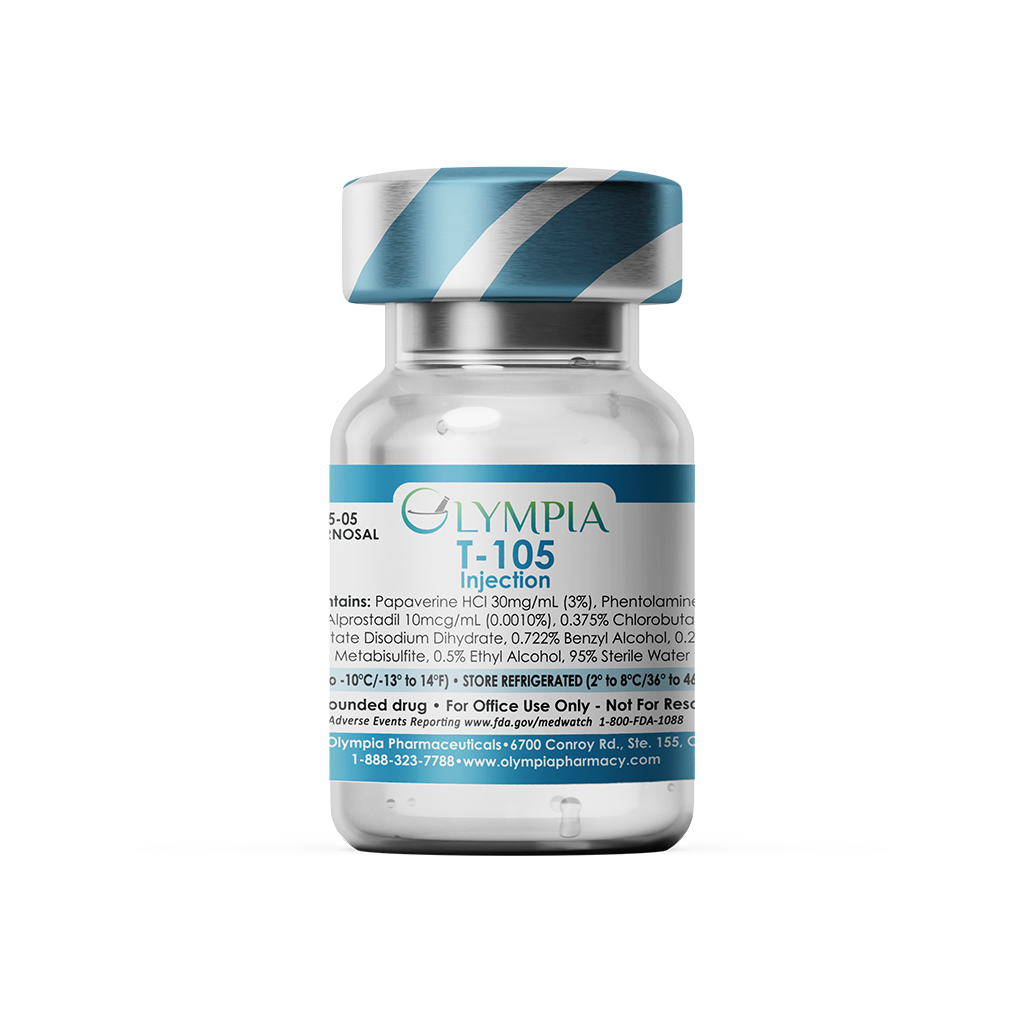You’ve tried the standard erectile dysfunction (ED) pills your doctor prescribed, but they’re not giving you the results you expected. Maybe they worked at first and then faded, or maybe they never worked at all. It’s a common problem that can leave you wondering what’s next.
Oral medications like sildenafil (Generic Viagra), tadalafil (Generic Cialis), vardenafil and avanafil are often prescribed as the first-line treatment for ED. However, they don’t work for everyone. Research suggests that 30-35% of patients don’t respond initially[1], and others may find that the medications show fewer results over time.
If that sounds familiar, you’re not alone, and you’re not out of options. This guide breaks down common reasons these medications are not working, signs to watch for and practical next steps. You’ll also learn about other options like injectable ED medications and how to decide what’s right for you with the help of a licensed provider.
How Are PDE5 Inhibitors Supposed to Work?
Oral ED medications like sildenafil, tadalafil, vardenafil and avanafil belong to a class of drugs known as PDE5 inhibitors. PDE5 inhibitors are designed to improve symptoms of ED by increasing blood flow to the penis. They do this by blocking the enzyme phosphodiesterase type 5 (PDE5), which normally breaks down a chemical called cGMP that relaxes blood vessels. With more cGMP available, the blood vessels in the penis stay open longer, which can make erections easier to maintain.
Signs Your ED Medication Isn’t Working
While many men have success using PDE-5 inhibitors, some may not have the same results. Signs the medications might not be working as intended include:
- Weaker or less reliable erections even when you take your medication as directed.
- Longer onset time or inconsistent results, despite following the same dosing schedule and conditions.
- No improvement even after increasing to the maximum tolerated dose under medical supervision.
- Side effects outweigh the benefits, such as persistent headaches, indigestion, nasal congestion or vision changes.
- Loss of confidence, frustration or anxiety related to sexual performance.
If your ED medication isn’t working, it’s not necessarily a dead end. It may be a signal to explore other therapies with a provider.
[button url=”https://www.olympiapharmacy.com/mens-health/trimix-injections-ed-medications/#footer-form”]Connect With Our Team[/button]
Why ED Meds Sometimes Don’t Work
While oral ED medications are beneficial for many men, they may show weaker or no results over time. This can happen for a variety of reasons, such as:
- Improper Use or Poor Patient Education
One of the most common reasons ED medications aren’t working is that they aren’t used correctly. Many men don’t realize that these medications require timing, sexual stimulation and (in some cases) an empty stomach to work as intended. Taking the pill too soon before sex, with a heavy meal or without adequate stimulation can all reduce efficacy[2].
Research suggests that more than half of men who don’t initially respond to sildenafil are using it incorrectly, whether through low dosing, poor timing or giving up after just a few attempts[3].
- Inadequate Dosage or Dose Not Optimized
Some patients may not respond to oral ED medications because the dose is too low or because the provider hasn’t yet titrated to the maximum level[2]. It’s also common for patients to try a low dose once or twice, see no results, and discontinue use altogether.
- Comorbidities and Disease Progression
Health conditions like cardiovascular disease, metabolic syndrome and high cholesterol can all reduce how well PDE5 inhibitors work[3]. In many cases, these underlying issues worsen over time, making ED medications stop working even if they previously worked well.
- Hypogonadism (Low Testosterone)
For some men, low testosterone levels may be the reason their ED medication isn’t working. PDE5 inhibitors rely in part on healthy androgen levels to function properly. Without sufficient testosterone, even high doses of sildenafil or tadalafil may fall flat. Research suggests that men with low baseline testosterone were much more likely to regain erectile function after adding testosterone therapy to their care plan[2].
- Incorrect Expectations or Psychological Factors
Not all erectile dysfunction is physical. Mental health and your emotional state can affect how well medications work. Anxiety, depression, fear of failure or unresolved relationship stress can suppress the body’s natural erectile response regardless of medication[2]. Unrealistic expectations are another issue: some men expect instant, effortless results or assume the drug will work like an aphrodisiac[3], which it doesn’t.
What to Do Next
If your erectile dysfunction medication isn’t working the way it is designed to, don’t panic — and don’t self-adjust your dosage. Many men find that the issue is simply how the medication is being taken. Timing, food intake and the need for sexual stimulation can all affect how well ED medications work. Before assuming a medication has failed, make sure you’re following your provider’s instructions closely and giving the medication a fair chance.
If problems persist, the next step is to talk to a licensed provider. They can help identify any underlying issues, such as low testosterone, medication interactions or other health conditions, and determine the best course of action. This might include adjusting your dosage or trying another treatment. No matter the cause, working directly with a medical professional is the best way to get your care plan back on track.
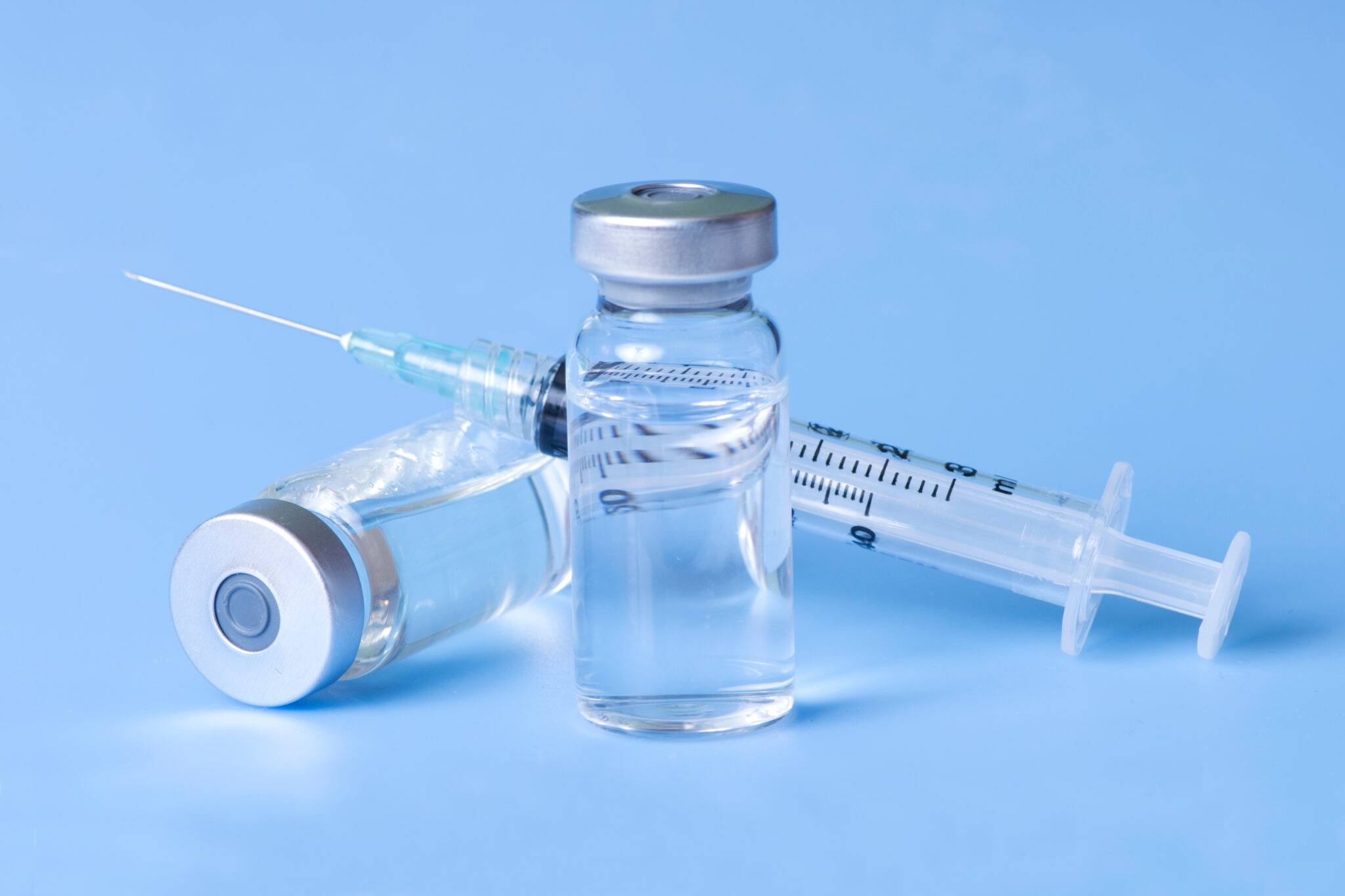
What Are Your Options After Oral ED Meds?
When PDE5 inhibitors don’t work, injectable therapies may be prescribed as the next step. These second-line treatment options, called intracavernosal injections, deliver medication directly into the base of the penis, bypassing the need for systemic absorption.
This approach can be done with single vasoactive agents or combination therapies that blend multiple vasoactive ingredients. These agents work by affecting blood vessel size to relax smooth muscle in the penis and increase blood flow for an erection[4]. Combination injections are prepared by compounding pharmacies and adjusted to a patient’s needs by a licensed provider.
Two of the most common combination therapies are Trimix and Bimix. Here’s a breakdown of what’s in them:
- Papaverine (Bimix and Trimix): A vasodilator that relaxes blood vessels to improve flow.
- Phentolamine (Bimix and Trimix): Helps maintain an erection by reducing the outflow of blood.
- Alprostadil (Trimix only): Boosts blood flow and helps enhance firmness and erection duration.
Intracavernosal injection therapy has shown high success rates, even among patients who don’t find success with oral ED medications. Research suggests that combination therapies may help up to 94% of patients achieve erections firm enough for intercourse[5].
Trimix vs. Bimix
While Trimix injections may offer higher potency due to their inclusion of alprostadil, they’re associated with a higher, but not statistically significant, risk of priapism and pain, particularly early in treatment[6]. Bimix tends to be better tolerated in some patients, but overall satisfaction and complication rates are similar when dosing is carefully managed[6].
Research suggests Trimix may help improve ED symptoms in up to 92% of men who don’t respond to oral ED medications[2]. Bimix, while generally considered less potent, may help improve symptoms of mild to moderate ED[7].
Trimix offers a more aggressive approach for men who don’t respond to oral ED medications or Bimix. Bimix may be a preferred first step for patients looking to avoid alprostadil-related pain, while still achieving strong results. A provider can help determine the most appropriate option based on your medical history, goals and comfort level with injection therapy.

Take the Next Step With Olympia’s Injectable ED Therapies
If your ED medication isn’t working as well as it once did, it doesn’t have to mean the end of your options. By working closely with a licensed provider, you can explore adjustments to your current plan or move to other therapies that better match your needs.
For many men, injectable ED medications offer a reliable next step when pills aren’t enough. Olympia Pharmacy compounds both formulations with precision under strict Current Good Manufacturing Practice (cGMP) standards.
Ready to explore ED treatment options beyond oral medications? Talk to your provider about whether Olympia’s compounded injection therapies could be right for you.
[button url=”https://www.olympiapharmacy.com/mens-health/trimix-injections-ed-medications/#footer-form”]Start Your Journey[/button]
Resources
1. Lee M, Sharifi R. Non-invasive Management Options for Erectile Dysfunction When a Phosphodiesterase Type 5 Inhibitor Fails. Drugs Aging. 2018 Mar;35(3):175-187. doi: 10.1007/s40266-018-0528-4. PMID: 29464656.
2. McMahon CN, Smith CJ, Shabsigh R. Treating erectile dysfunction when PDE5 inhibitors fail. BMJ. 2006 Mar 11;332(7541):589-92. doi: 10.1136/bmj.332.7541.589. PMID: 16528082; PMCID: PMC1397768.
3. Park NC, Kim TN, Park HJ. Treatment Strategy for Non-Responders to PDE5 Inhibitors. World J Mens Health. 2013 Apr;31(1):31-5. doi: 10.5534/wjmh.2013.31.1.31. Epub 2013 Apr 23. PMID: 23658863; PMCID: PMC3640150.
4. Kedia GT, Ückert S, Tsikas D, Becker AJ, Kuczyk MA, Bannowsky A. The Use of Vasoactive Drugs in the Treatment of Male Erectile Dysfunction: Current Concepts. J Clin Med. 2020 Sep 16;9(9):2987. doi: 10.3390/jcm9092987. PMID: 32947804; PMCID: PMC7564459.
5. Leslie SW, Sooriyamoorthy T. Erectile Dysfunction. [Updated 2024 Jan 9]. In: StatPearls [Internet]. Treasure Island (FL): StatPearls Publishing; 2025 Jan-. Available from: https://www.ncbi.nlm.nih.gov/books/NBK562253/
6. Bernie HL, Segal R, Le B, Burnett A, Bivalacqua TJ. An Empirical vs Risk-Based Approach Algorithm to Intracavernosal Injection Therapy: A Prospective Study. Sex Med. 2017 Mar;5(1):e31-e36. doi: 10.1016/j.esxm.2016.08.001. PMID: 28190453; PMCID: PMC5302379.
7. Abdullahi M. Intracavernous Self-injection of Papaverine Plus Chlorpromazine (Bimix) for the Treatment of Erectile Dysfunction. Niger Postgrad Med J. 2025 Jul 1;32(3):192-196. doi: 10.4103/npmj.npmj_299_24. Epub 2025 Aug 1. PMID: 40745875.
